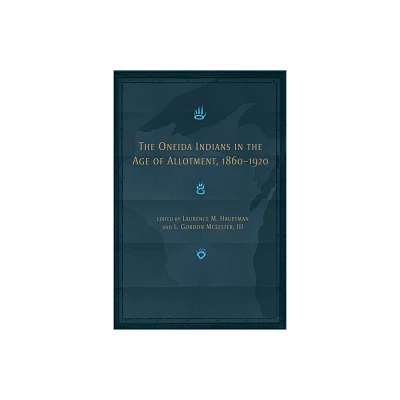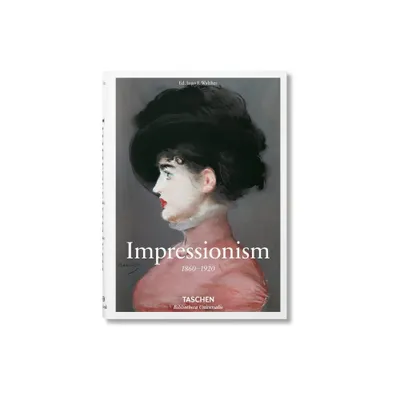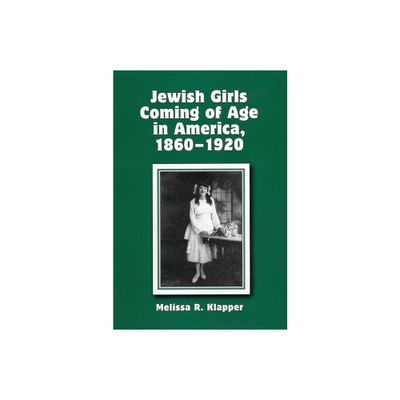Home
Transnational Modernity Southern Europe: Women's Periodicals and Salon Culture (1860-1920)
Loading Inventory...
Barnes and Noble
Transnational Modernity Southern Europe: Women's Periodicals and Salon Culture (1860-1920)
Current price: $160.00


Barnes and Noble
Transnational Modernity Southern Europe: Women's Periodicals and Salon Culture (1860-1920)
Current price: $160.00
Loading Inventory...
Size: Hardcover
*Product Information may vary - to confirm product availability, pricing, and additional information please contact Barnes and Noble
This book explores women’s editorial and salon activities in Southern Europe and provides a comparative view of their practices. It argues that women in Spain, Italy, Portugal and Greece used their double role as editors and
salonnières
to engage with foreign cultures, launch the careers of promising young authors and advocate for modernization and social change. By examining a neglected body of periodicals edited between 1860 and 1920, this book sets out to explore women’s editorial agendas and their interest in creating a connection between salon life and the print press. What purpose did this connection serve? How did women editors use their periodicals and their salons to create opportunities for cross-cultural exchange? In what ways did women use their double role as editors and
to promote modernization and social progress in Southern Europe? By addressing these questions, this monograph contributes to the recent expansion of scholarship on nineteenth and twentieth-century periodicals and opens new avenues for theoretical reflection on European modernity. It also invites scholars and non-specialist readers to question the center vs. periphery model and to consider Southern European counties as cultural hubs in their own right.
salonnières
to engage with foreign cultures, launch the careers of promising young authors and advocate for modernization and social change. By examining a neglected body of periodicals edited between 1860 and 1920, this book sets out to explore women’s editorial agendas and their interest in creating a connection between salon life and the print press. What purpose did this connection serve? How did women editors use their periodicals and their salons to create opportunities for cross-cultural exchange? In what ways did women use their double role as editors and
to promote modernization and social progress in Southern Europe? By addressing these questions, this monograph contributes to the recent expansion of scholarship on nineteenth and twentieth-century periodicals and opens new avenues for theoretical reflection on European modernity. It also invites scholars and non-specialist readers to question the center vs. periphery model and to consider Southern European counties as cultural hubs in their own right.


















